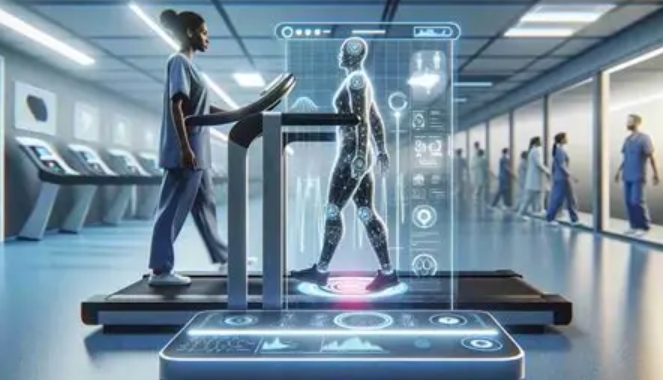
image credit- shutterstock
Japan's Fujitsu and Taiwan-based Acer Medical Inc., a provider of artificial intelligence (AI)-powered medical imaging and preventative medicine, have announced a collaborative agreement to develop "aiGait" powered by Uvance, a solution that leverages Fujitsu's advanced skeleton recognition AI technology to detect gait pattern abnormalities, and provide gait quantization to healthcare professionals to support the early diagnosis of dementia and Parkinson's disease.
The technology is part of "Fujitsu Kozuchi for Vision" from the Fujitsu Uvance offering "AI Technologies and Solutions." The agreement has planned with initial testing at the daycare centre attached to the Taipei Veterans Hospital.
The testing will utilise cameras to capture data on patient movements, including standing up, sitting down, and walking, and will compare it with movements specific to dementia patients using skeleton recognition AI technology. The solution is expected to be introduced by Acer Medical to elderly care facilities across Taiwan by the end of 2025.
By integrating Fujitsu's advanced skeleton recognition AI into its mobile-friendly solution, Acer Medical is transforming routine movements like standing, sitting, and walking into valuable clinical insights. The goal of Acer Medical is to help caregivers and clinicians detect subtle changes early, enabling timely intervention and improving patient outcomes.
Under this partnership, Fujitsu and Acer Medical will accelerate efforts to address the social challenges related to gait abnormalities, including their presentation as the early symptoms of dementia and Parkinson's disease. The two companies aim to improve access to elderly care by rolling out this jointly-developed solution to care facilities and primary care clinics in Taiwan and hope to eventually apply it in sports science analysis, pediatric neurodevelopmental disorders, and cerebral palsy.




